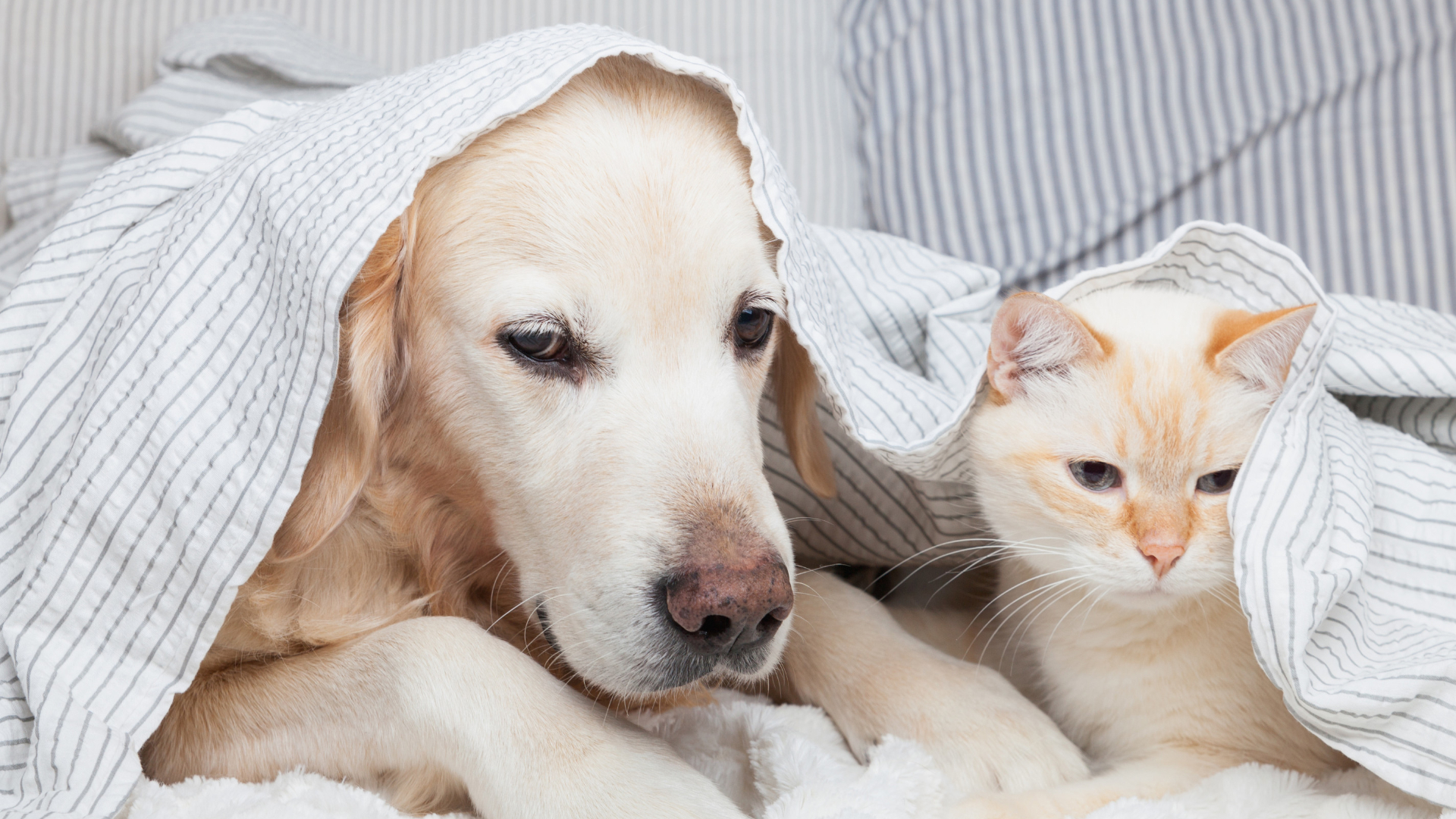It’s officially the rainy season, and besides humans, furbabies also need to be prepared during this calamity to make them safe and healthy, even if they stay indoors.
Besides keeping them dry, here are things that you should remember as a pet owner to avoid health problems that can occur during the rainy season, including pneumonia, skin infections, and digestive problems.
1. Give them boiled and filtered water
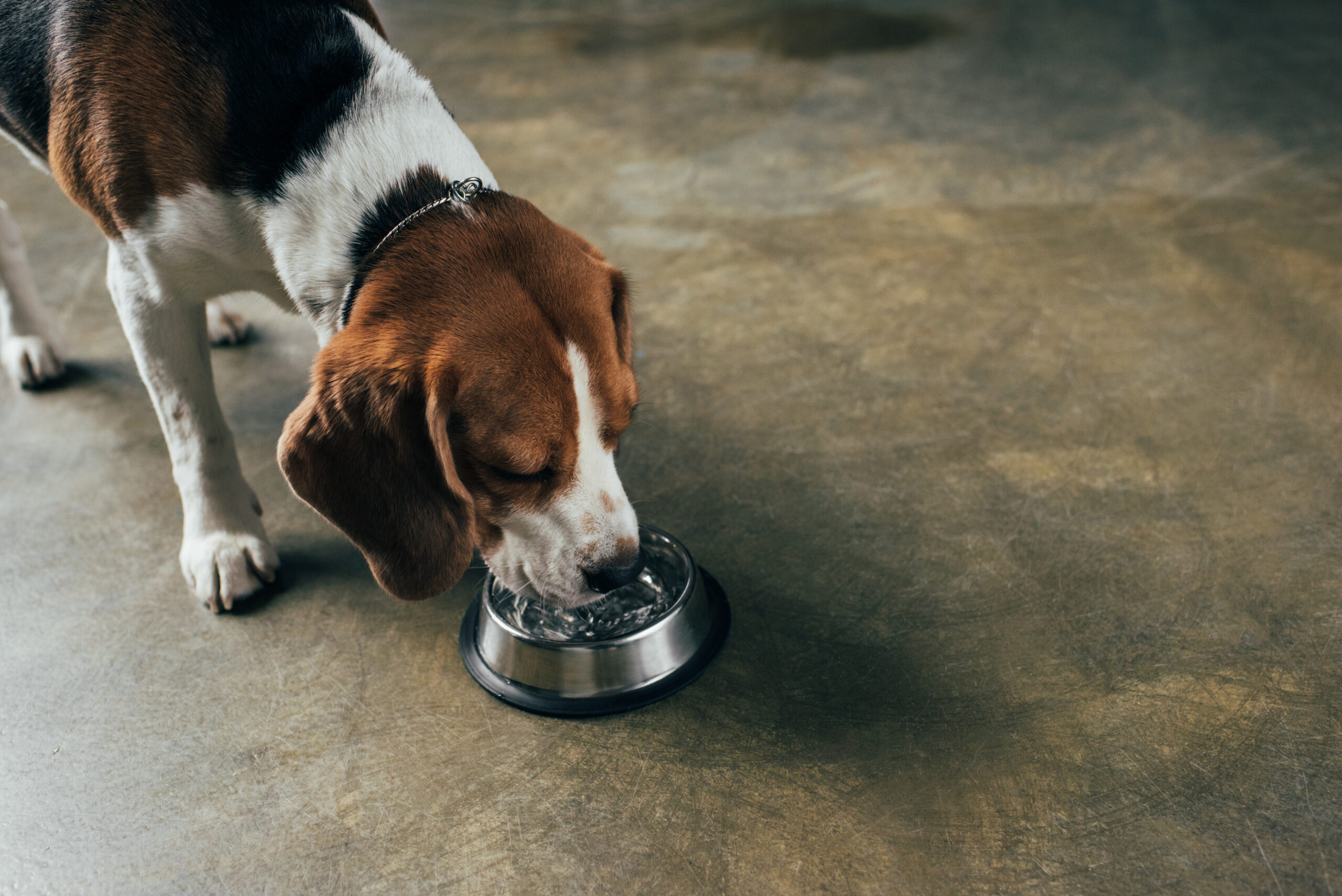
During the monsoon season, there is a possibility of water-related illnesses such as jaundice and leptospirosis.
To safeguard against these diseases, it is crucial to maintain cleanliness when filling the feeding and drinking bowls of pets. Ensuring that their water is filtered or boiled is essential to prevent digestive problems and ensure they have access to clean and safe drinking water.
2. Keep them safe from pests

Scientific research has established that the majority of diseases linked to the rainy season are caused by parasites, bacteria, germs, and worms. During this time, our pets are particularly susceptible to worm infections due to the presence of damp and slippery surfaces where worms thrive.
To safeguard against this, it is important to ensure that your furry companions are dewormed before the onset of the monsoon. This measure not only benefits your pet but also helps protect you and your family members from the transmission of parasites.
When taking your pet for a walk, it is advisable to use topical solutions or natural dog sprays as a preventive measure. Additionally, after outdoor excursions, remember to carefully comb their fur to detect and remove any hidden pests that may have latched onto them.
3. Look out for them during thunderstorms
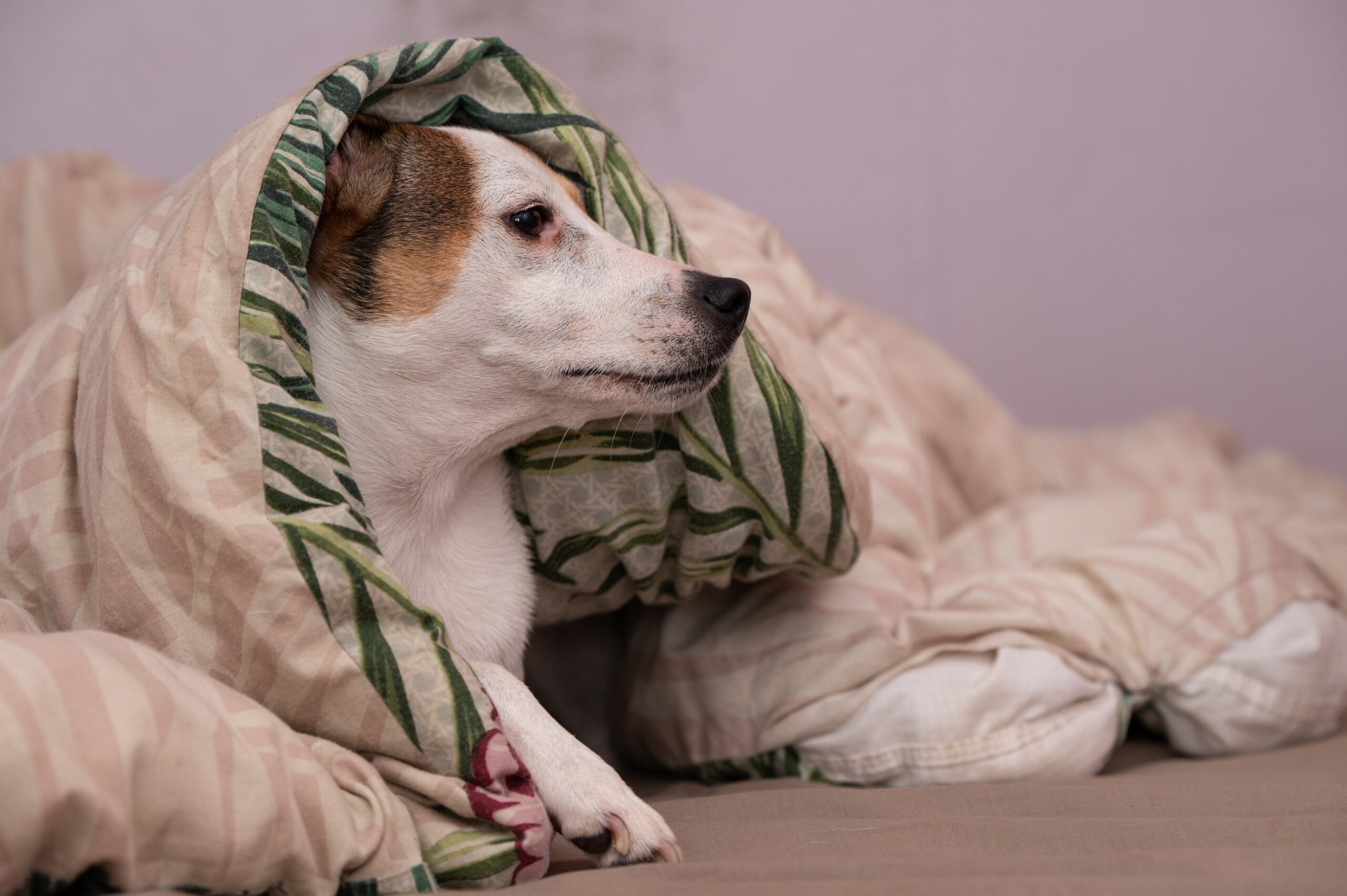
During periods of intense rainfall, thunderstorms can occur, which may cause fear and anxiety in pets due to the loud noise.
In such situations, apart from providing them with a secure and comforting space, experts recommend playing background noise to minimize the impact of thunder’s sound stimulation on pets.
This situation is comparable to the experiences of humans who also feel unsettled or anxious when exposed to sudden loud noises.
4. Secure them a protective gear
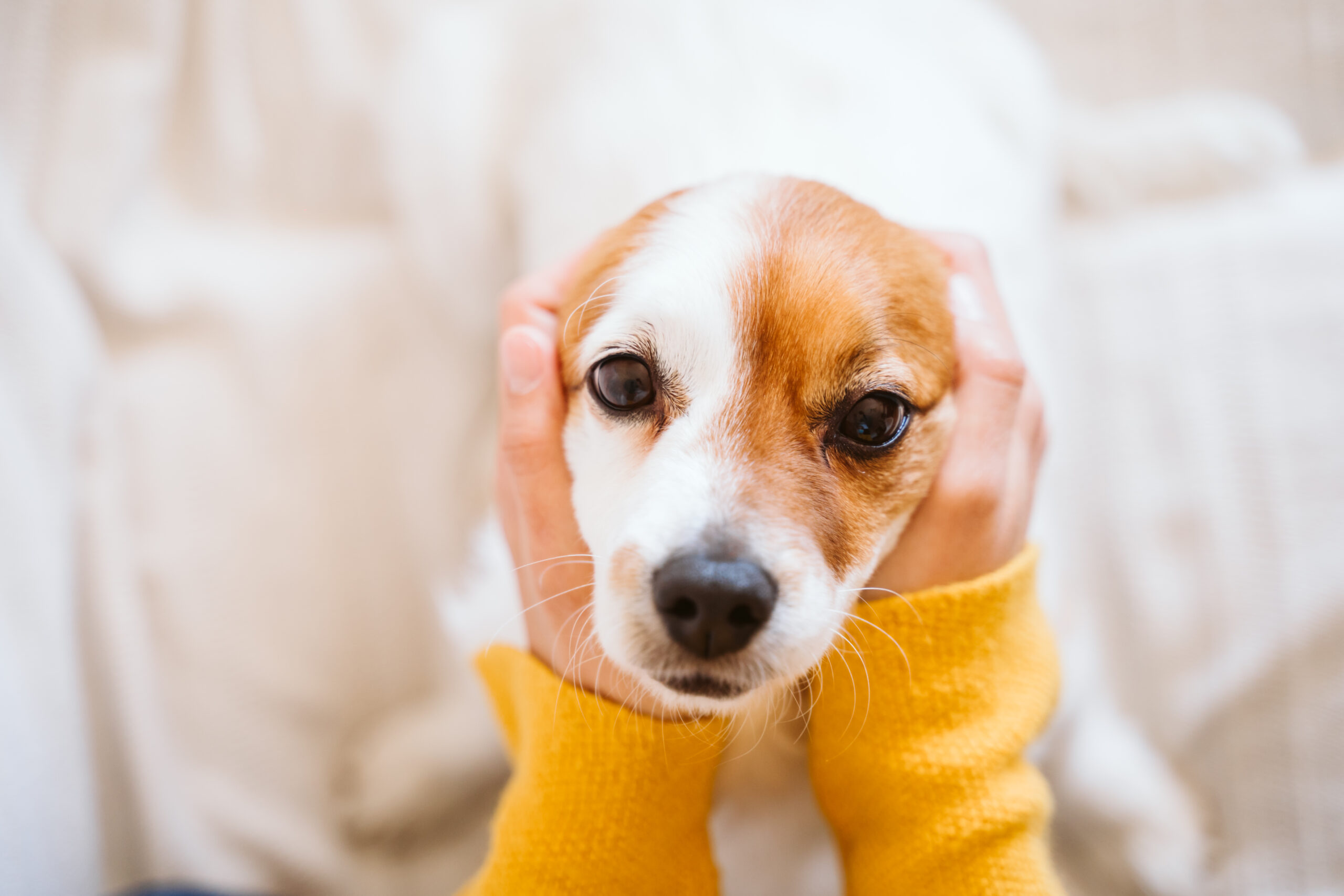
As a pet owner, it is important to ensure the protection of your furry companion during the rainy season by providing them with appropriate gear such as a raincoat and waterproof boots.
These protective items serve the purpose of keeping your pet dry and preventing them from getting dirty when you take them for a walk outdoors. By equipping them with comfortable gear, you can shield them from the rain and minimize the risk of contracting diseases caused by bacteria that are more prevalent during this season.
If your pet is reluctant to wear protective gear, especially on their paws, experts recommend using warm water and a towel to clean them after a walk, ensuring their comfort and hygiene.
5. Make sure they eat healthy
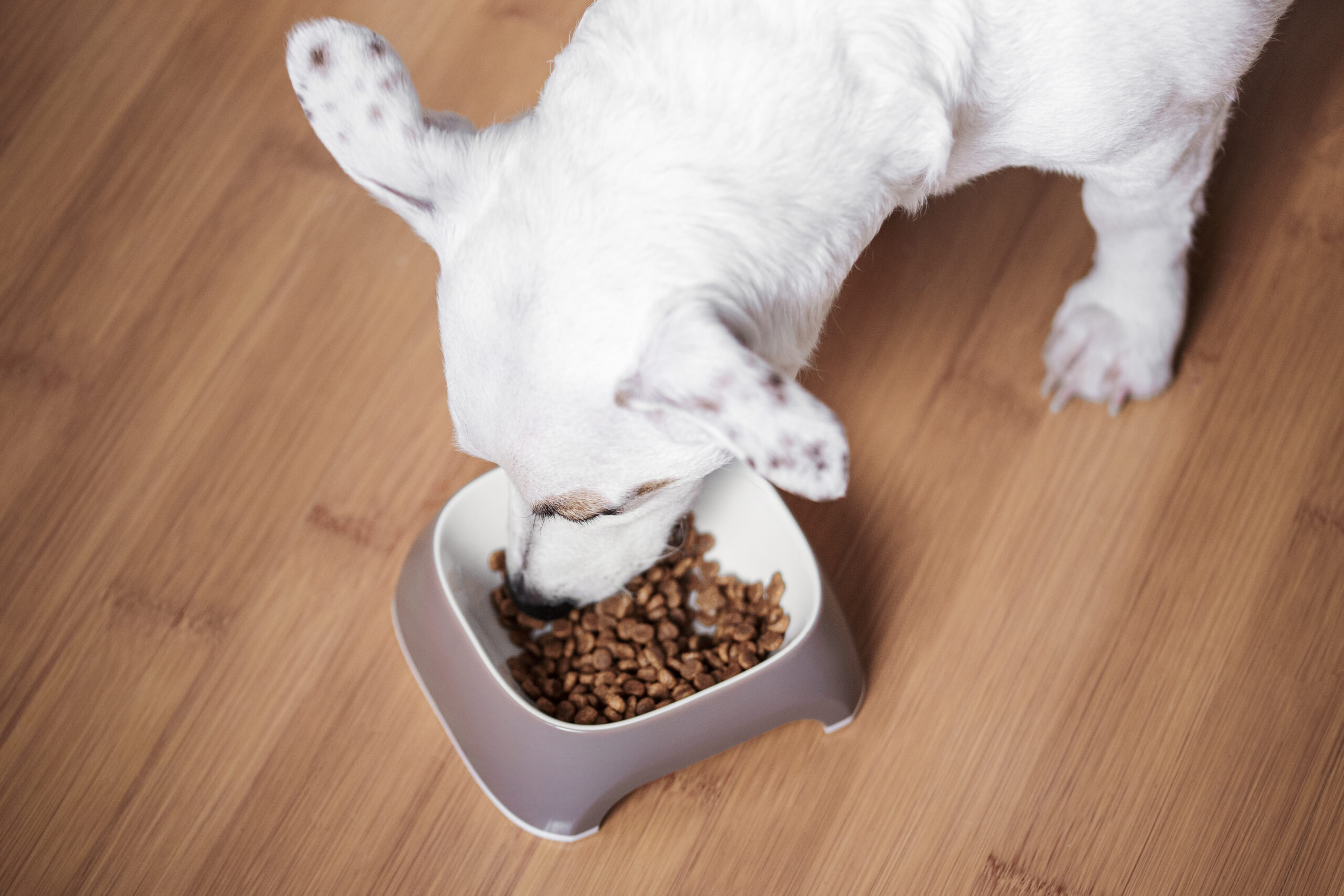
During the rainy season, it is crucial to pay attention to your pet’s diet, as reduced physical activity may lead to an irritated bowel.
Providing your pet with nutritious food is essential. Incorporating a fiber-rich diet can promote better bowel movement, including foods like sweet potatoes, pumpkins, green beans, and melons.
However, it is important to strike a balance, as excessive fiber intake can result in bloating, constipation, cramps, and diarrhea.
Fur parents should also be mindful of the portion sizes to prevent issues related to obesity while ensuring their pets receive an adequate amount of food.
While keeping these tips in mind for our beloved pets, it is crucial to remember that during a monsoon, more serious situations may arise.
In such circumstances, we must take note of the safety of our pets and be prepared for possible evacuations, as we have a responsibility to protect their lives just as we do for humans.


